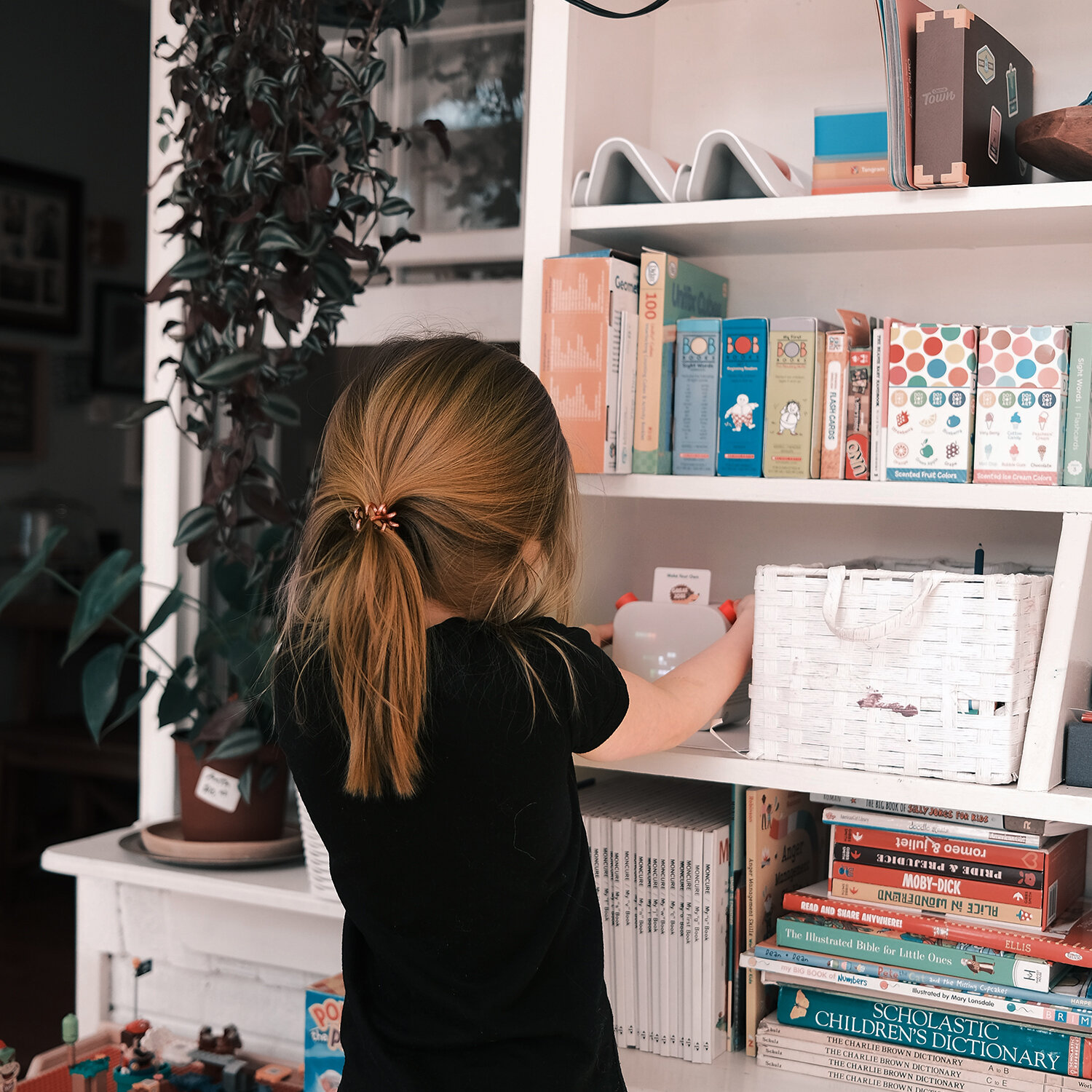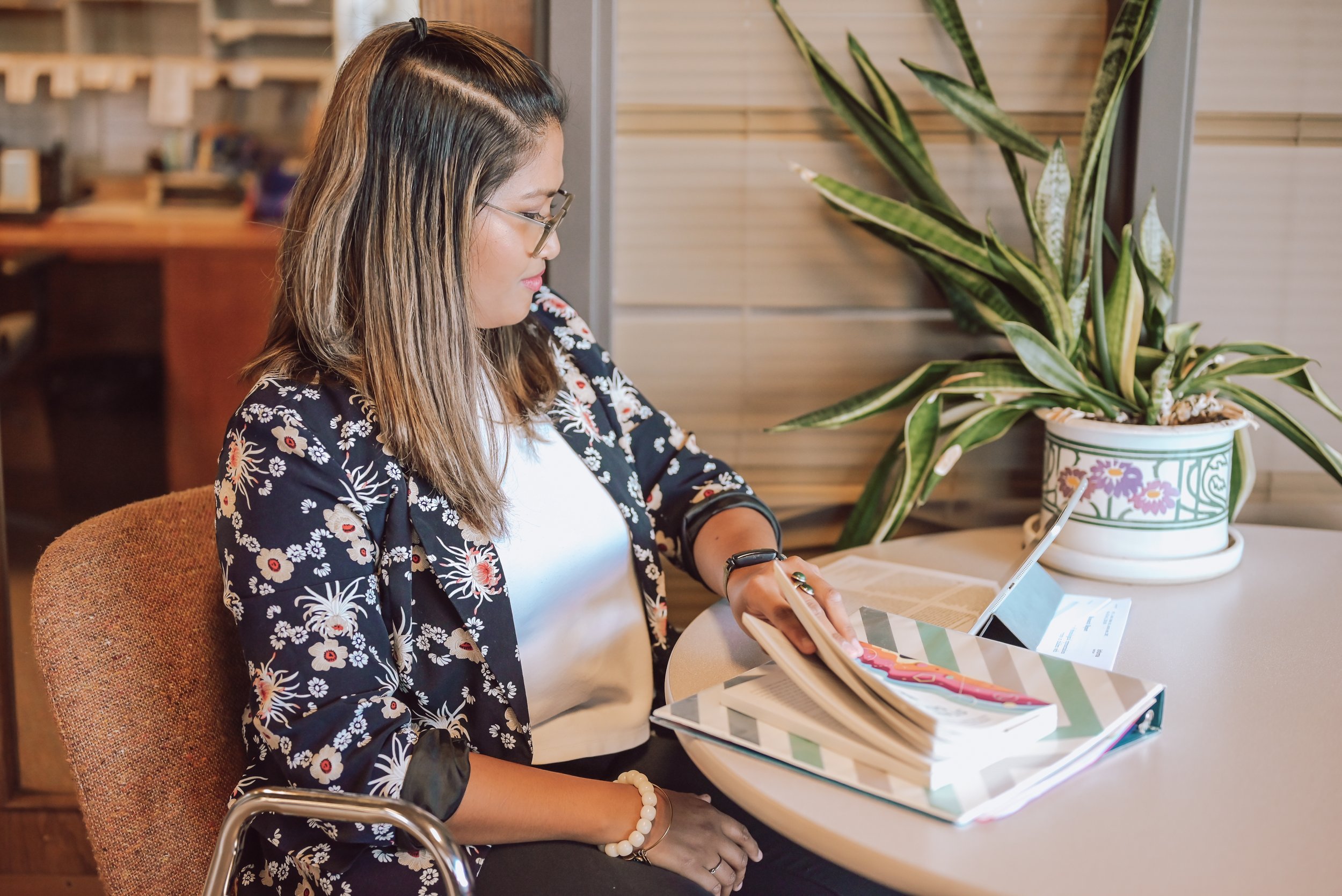Frequently Asked Questions
When it comes to talking, how much of my child’s speech should I be understanding?
This is one of the most common questions I hear from parents in our community! The answer is, it depends! Typically, we expect children to be understood at least 90% of the time by the time they are 5 years old!
When children are around 2 years old, we can expect to understand their speech to be understood about 50% of the time.
For a list of sounds acquired by age, check out this graphic (2017)
When my child explains something, it seems like it is hard for them to put ideas together, use correct grammar, or specific vocabulary.
Is this something I should be worried about?
Sometimes a child may not have any speech sound errors, but parents may be wondering about using and understanding spoken language.
Did you know, spoken language proficiency is the foundation for more positive academic outcomes? Children who can correctly use and understand grammar, vocabulary, chain ideas together in a logical order, and follow social routines within the context of conversation and/or narratives have a more solid foundation for overall literacy proficiency (reading, writing, spelling).
I have noticed that when my child is reading, they guess at words vs. sounding them out.
Should I be concerned? Can an SLP help with reading?
This question is one of the most common questions I hear from parents within our community!
Yes! If your child is guessing words based on the context of the story, this tends to be a tell-tale sign of difficulty with decoding words. This difficulty can stem from a number of reasons, but whatever the reason, it can be helped with the right instruction and intervention.
As SLPs, we are required to “be in the know” about research-based practices, as a part of our professional duty. An SLP can be one of the most knowledgeable professionals in the area of evidence informed literacy supports for students. Working with a knowledgeable SLP (who specializes in literacy supports) typically ensures families the interventions are grounded in research.
My child struggles with writing in school. Their letter formation is fine, but to get their thoughts down on paper seems difficult. I have also noticed when writing sentences or paragraphs it is extremely time consuming for them.
Do you offer intervention in the area of written language?
Yes! Absolutely. While this question does not come up as often, I am so happy when it does. SLPs are experts in the areas of spoken language. SLPs who specialize in literacy also have the ability to work on written language development. SLPs who specialize in literacy can offer evidence-based intervention in the areas of writing (which can include spelling and written expression).
For more information about your child’s spoken and/or written language development, please contact me.














